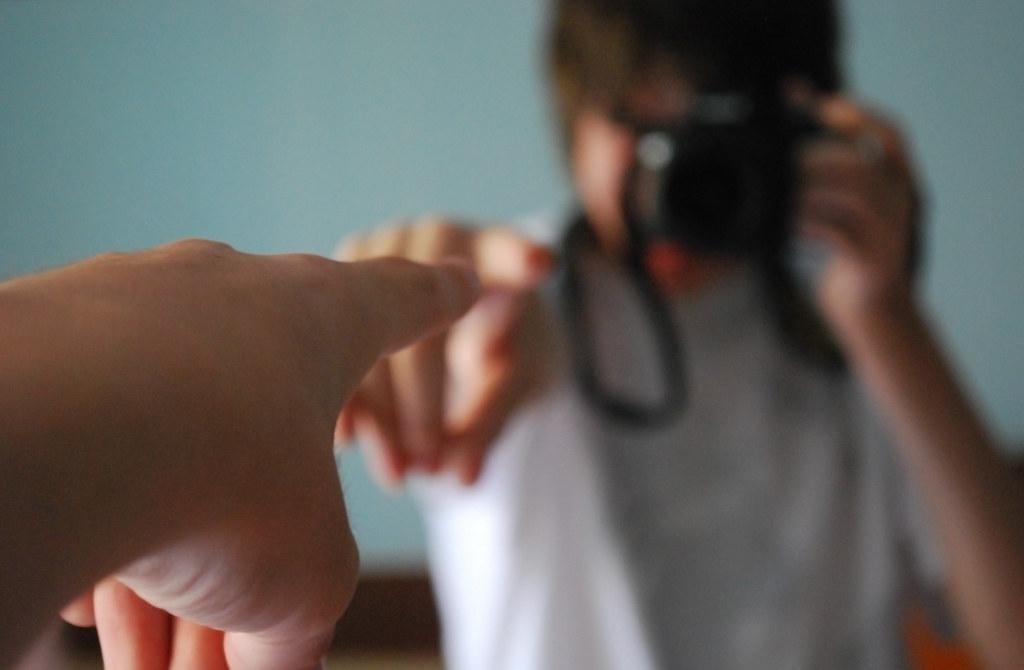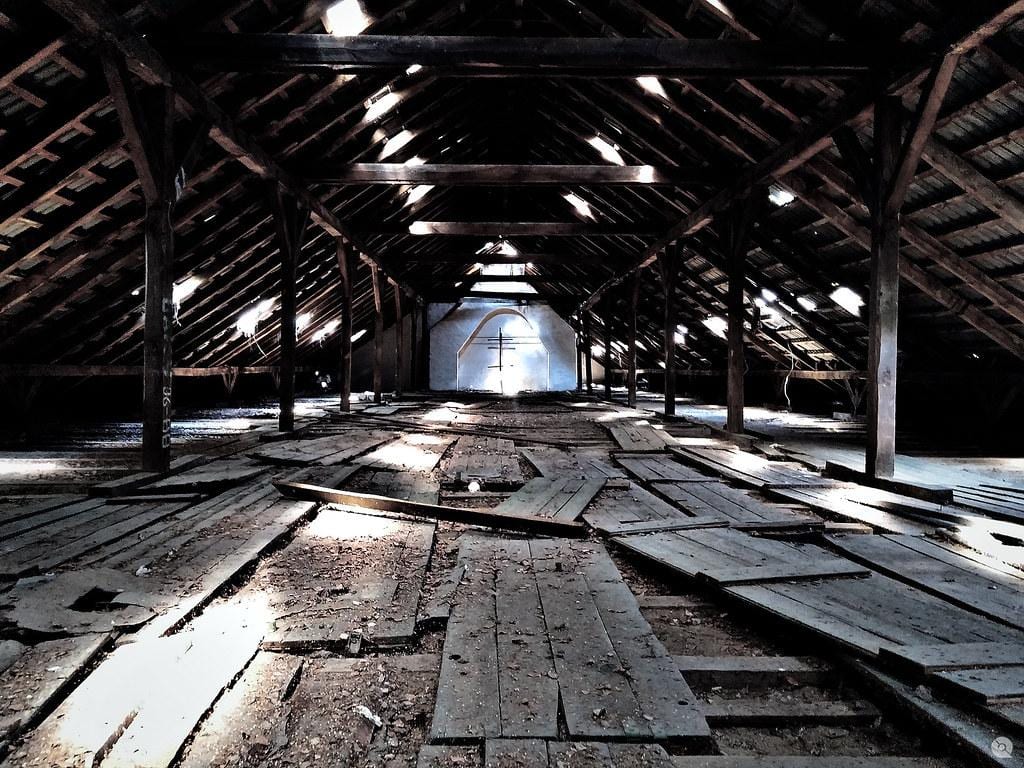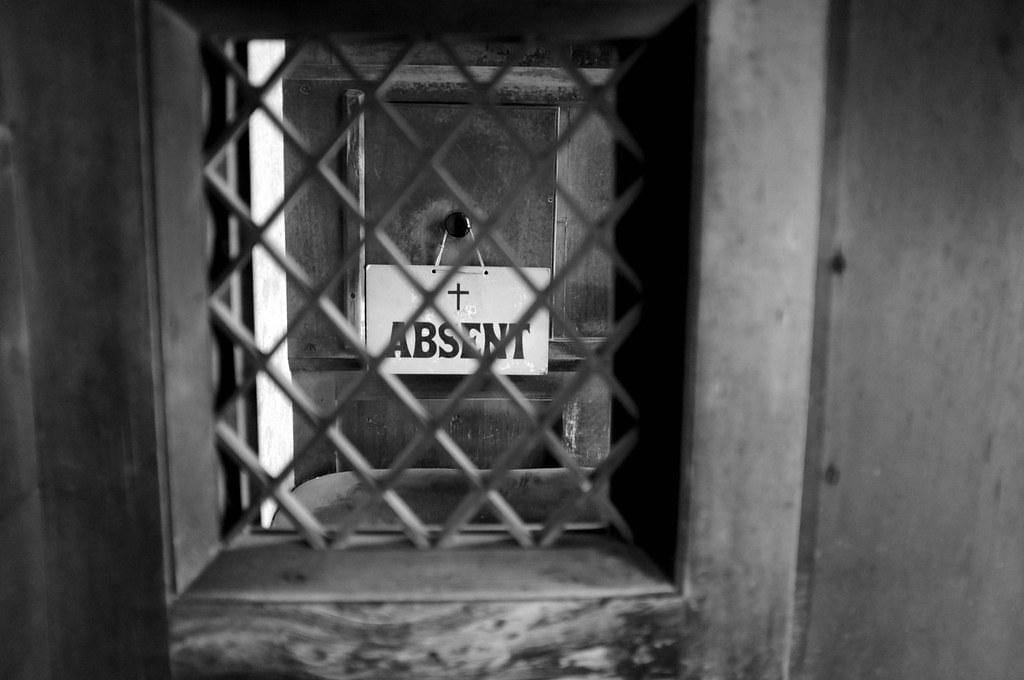
It’s a provocative question, I know. Could atheism really be a mirror image of religious fundamentalism? Before you answer, let me put this question into context.
I recently started reading Karen Armstrong’s book, The Case for God. Armstrong is a former Catholic nun-turned-atheist-turned-religious sympathizer whose work on comparative religion has become quite popular in certain circles over the years.
The Case for God is a general survey of the history of religious belief and practice from the Paleolithic Age to the present. It focuses especially on Christianity, as that is Karen’s background, but it also includes Judaism, Hinduism, Islam, Buddhism, and other eastern traditions.
Armstrong believes that religion’s purpose is to “help us creatively, peacefully, and even joyously live with realities for which there are no easy explanations.” At the same time, she recognizes the dangers that lie inherent within the fundamentalist strains of any spiritual tradition or belief system (Crusades, anyone?). She confesses that her own militant atheism began to mellow the more she studied the great traditions of the past.
This point, in particular, is what struck me from my reading this week. In the opening chapters, Karen refers to modern atheism as a relatively recent historical phenomenon that depends on religious fundamentalism for its survival. Referring to the work of such “new atheists” as Sam Harris, Richard Dawkins, and the late Christopher Hitchens, she suggests that our modern version of atheism (a fundamental belief in the non-existence of God or gods) is a direct mirror image of the religious fundamentalism it so adamantly opposes.
Although I’d considered this possibility before, I was impressed with the clarity of Armstrong’s description on this point, especially given her own history as an atheist. And I’m inclined to agree with her, although I think one could make the case that our “new” atheist types today are not entirely new to the historical scene.
Anyway.
Since I began blogging on Patheos a month or so ago, I’ve been surprised to see how many people who might either describe themselves or be described as atheists seem to frequent the Progressive Christian channel. Assuming that you’re one of those people reading this post now, I’d like to hear your response to Armstrong’s position on this matter.
Do you think it’s fair to suggest that modern atheism is simply a mirror image of the religious fundamentalism it opposes? Where do you draw the line in your own definitions of, say, atheism and agnosticism? Were you once a “believer” of any sort, and what relationship does your former “faith” have to your current “non-faith?”
Thanks ahead for your kind and civil discussion on this matter. The comments are open. Fire away.











